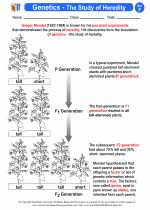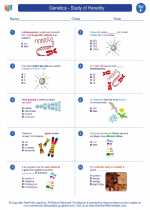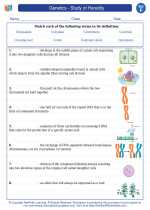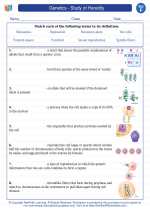Antibodies
Antibodies, also known as immunoglobulins, are proteins produced by the immune system in response to the presence of foreign substances called antigens. These antigens can be found on the surface of pathogens such as bacteria, viruses, and other microorganisms. The primary function of antibodies is to recognize and neutralize these antigens, thereby preventing infection and disease.
Structure of Antibodies
Antibodies have a Y-shaped structure composed of four polypeptide chains: two heavy chains and two light chains. Each chain contains constant and variable regions. The variable regions are responsible for binding to specific antigens, while the constant regions determine the class and function of the antibody.
Types of Antibodies
There are five main classes of antibodies: IgM, IgG, IgA, IgD, and IgE. Each class has unique properties and functions in the immune response. For example, IgM is the first antibody produced during an initial immune response, while IgG is the most abundant antibody in the bloodstream and provides long-term immunity.
Functions of Antibodies
- Neutralization: Antibodies can bind to antigens and neutralize their harmful effects, preventing them from infecting host cells.
- Opsonization: Antibodies can mark pathogens for phagocytosis by immune cells, enhancing their clearance from the body.
- Complement activation: Antibodies can initiate the complement cascade, leading to the destruction of pathogens through the formation of membrane attack complexes.
- Antibody-dependent cellular cytotoxicity (ADCC): Antibodies can bind to infected or abnormal cells, leading to their destruction by immune cells such as natural killer (NK) cells.
Production of Antibodies
Antibodies are produced by specialized white blood cells called B cells. When a B cell encounters an antigen that matches its specific antibody receptors, it becomes activated and undergoes proliferation and differentiation into plasma cells, which are antibody-secreting factories. These plasma cells release large quantities of antibodies into the bloodstream to combat the invading pathogens.
Role of Antibodies in Vaccination
Vaccination works by introducing harmless forms of antigens to stimulate the production of antibodies without causing illness. This primes the immune system to recognize and respond more effectively to the actual pathogen in the future, providing immunity against the disease.
Study Guide
- Describe the structure of antibodies and the significance of their variable and constant regions.
- Explain the functions of antibodies, including neutralization, opsonization, complement activation, and ADCC.
- Compare and contrast the five classes of antibodies, highlighting their unique properties and roles in the immune response.
- Discuss the process of antibody production by B cells and the role of plasma cells in antibody secretion.
- Examine the role of antibodies in vaccination and how vaccines induce immunity against specific pathogens.
Understanding the role of antibodies in the immune system is crucial for comprehending how the body defends itself against infections and how vaccines provide protection against diseases.
.◂Science Worksheets and Study Guides Sixth Grade. Genetics - Study of Heredity

 Activity Lesson
Activity Lesson
 Worksheet/Answer key
Worksheet/Answer key
 Worksheet/Answer key
Worksheet/Answer key
 Worksheet/Answer key
Worksheet/Answer key
 Vocabulary/Answer key
Vocabulary/Answer key
 Vocabulary/Answer key
Vocabulary/Answer key
 Vocabulary/Answer key
Vocabulary/Answer key
 Vocabulary/Answer key
Vocabulary/Answer key
 Vocabulary/Answer key
Vocabulary/Answer key
 Vocabulary/Answer key
Vocabulary/Answer key
 Vocabulary/Answer key
Vocabulary/Answer key
 Vocabulary/Answer key
Vocabulary/Answer key
 Vocabulary/Answer key
Vocabulary/Answer key
